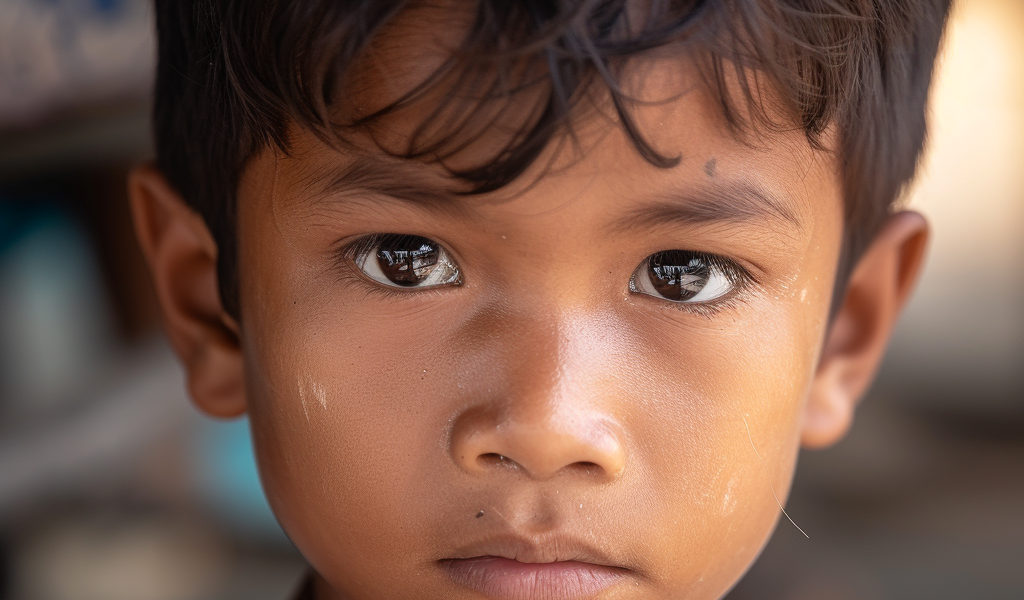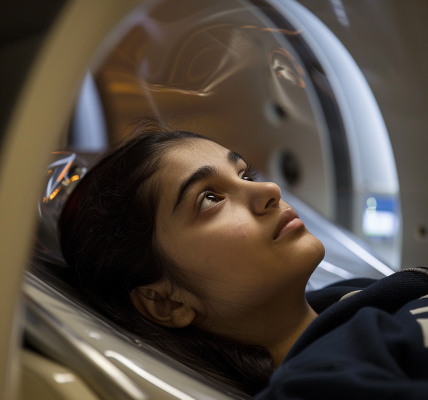Cambodia has reported a new fatal case of H5N1 avian flu, marking the third case of the year. The victim, a 9-year-old boy from Kratie province, succumbed to the infection, as confirmed by the country’s health ministry. This development follows the earlier occurrence of two human H5N1 avian flu cases in January, signaling a concerning trend.
Notably, all three cases in Cambodia have been linked to instances where poultry had died at the patients’ homes, with reports indicating that the deceased birds were consumed. This pattern raises alarms about the potential for human exposure to the virus through infected poultry.
Since 2023, Cambodia has recorded a total of nine H5N1 cases, signifying a resurgence of the virus after a prolonged period of dormancy. The genetic analysis of samples from the recent cases revealed the presence of an older H5N1 clade (2.3.2.1c) circulating in poultry in certain Asian countries, distinct from the newer clade (2.3.4.4b) currently prevalent in various global regions.
The World Health Organization (WHO) has updated its risk assessment on H5N1 in Cambodia, emphasizing the continued likelihood of sporadic human infections, particularly in rural areas where the virus persists in poultry. While the general risk to the population remains low, the ongoing presence of the virus necessitates vigilance and appropriate measures to mitigate potential outbreaks.
In a separate development, real-world efficacy data from Spain has highlighted the effectiveness of the RSV drug nirsevimab in preventing hospitalizations due to respiratory syncytial virus (RSV) in infants under 9 months old. The research, published in Eurosurveillance, indicates that nirsevimab offers at least 70% protection against RSV-related hospital admissions, based on findings from a study across nine hospitals in three Spanish regions.
Following the introduction of nirsevimab as universal RSV prophylaxis in Spain’s national immunization program for infants born after April 1, 2023, the drug demonstrated significant impact in reducing hospital admissions for RSV-related lower respiratory tract infections. This outcome is particularly promising given the high incidence of RSV cases among young infants, with the potential to alleviate the strain on healthcare systems during peak periods.
Overall, these developments underscore the ongoing challenges posed by infectious diseases such as avian flu and RSV, necessitating continued research, surveillance, and proactive measures to safeguard public health.





